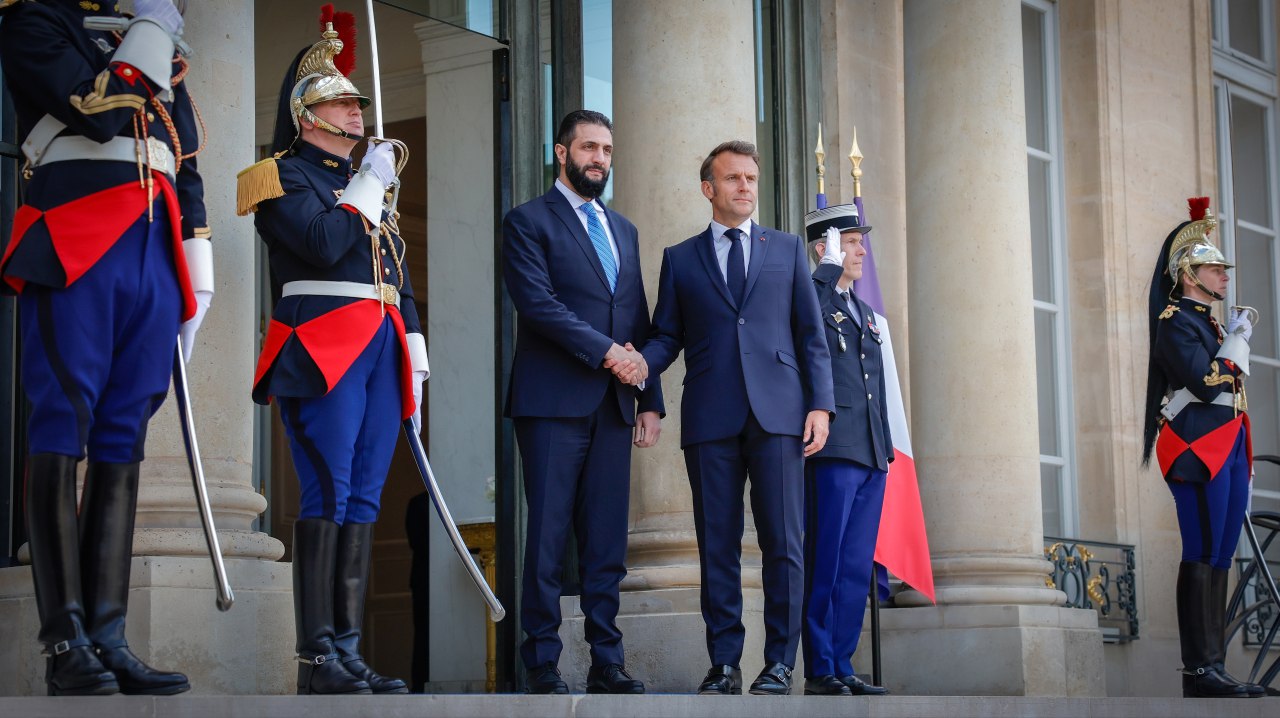The Role of French Diplomacy in the Syrian File is Effective Despite the Congestion

The multi-faceted approach is evident; on the political front, dialogue between the transitional government and the Syrian components has been promoted, while the security axis focuses on combating terrorism and stabilizing security, and the rights axis insists on demanding accountability for perpetrators of violations.
France is working to leverage historical relations and employ "soft power" (linguistic, cultural, educational) to enhance its influence and ensure its presence in the Eastern Mediterranean through the Syrian and Lebanese files.
There are several challenges facing French diplomacy, chief among them regional congestion and competition from American, Russian, Turkish, and Iranian interests, limited ability to impose policies on the ground, and the absence of a unified EU position towards Syria.
Paris relies on symbolic diplomacy, such as participation in negotiations without a real ability to impose solutions and bridging between official and unofficial channels, while also focusing on geopolitical positioning by enhancing the French role in the Arab East.
Paris may have succeeded in reintroducing Syria to the international diplomatic scene and maintained communication channels with all parties, but its actual presence on the ground is limited, as it relies almost entirely on soft power in the face of forces that possess hard tools.
Thus, its ability to enhance its influence is summarized by its success in reviving negotiations between Damascus and the SDF and the willingness of major powers (especially the United States) to accept its mediation.
Additionally, its ability to offer tangible incentives to the Syrian parties remains crucial.
France remains a secondary player compared to the major powers active in Syria, but its flexible diplomacy gives it a chance to maintain a foothold in one of the most complex files in the region.